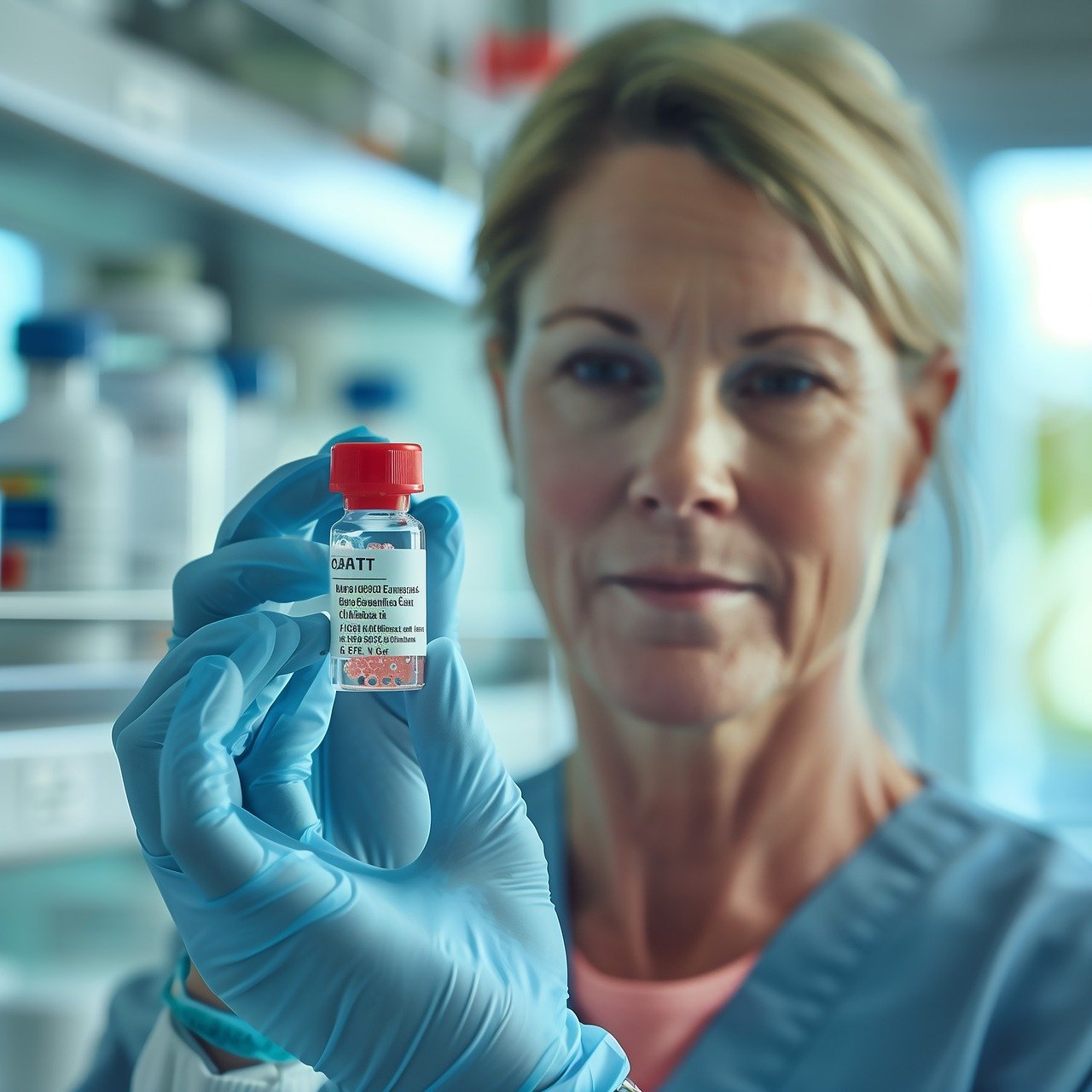Understanding Biologics
The Importance of Biologics in Modern Medicine
Biologics are a critical category of medical products regulated by the FDA’s Center for Biological Evaluation and Research (CBER). They are designed from natural sources to prevent, treat, and cure various diseases. These complex molecules are vital in the treatment of numerous medical conditions, from chronic diseases to life-threatening illnesses.

Understanding Biologics
Exploring the Role and Nature of Biologics in Modern Medicine
Biologics are a class of medicinal products derived from living organisms, including humans, animals, or microorganisms. These products can include vaccines, blood and blood components, gene therapies, tissues, and cellular therapies.
Unlike conventional chemical drugs, which are typically synthesized through chemical processes, biologics are manufactured using biological processes such as recombinant DNA technology, fermentation, or cell culture.
Regulation of Biologics: Biologics are regulated by the U.S. Food and Drug Administration (FDA) Center for Biologics Evaluation and Research (CBER) in the United States and by similar regulatory authorities in other countries. The regulation of biologics is distinct from that of conventional drugs due to their complex nature and potential variability.
Pre-market Approval
Biologics must undergo rigorous pre-market evaluation before they can be approved for marketing and use. This process typically involves the submission of extensive data demonstrating the safety, efficacy, and quality of the biologic product. Clinical trials are often conducted to assess the product’s safety and effectiveness in humans.
Biologics License Application (BLA)
Manufacturers of biologics must submit a Biologics License Application (BLA) to the FDA for review and approval. The BLA contains comprehensive data on the manufacturing process, characterization of the product, preclinical and clinical studies, and proposed labeling for the biologic.
Post-market Surveillance
Once a biologic is approved for marketing, regulatory authorities continue to monitor its safety and effectiveness through post-market surveillance activities. Adverse events and other safety concerns are reported to regulatory agencies, which may take appropriate regulatory action if necessary, such as issuing warnings, recalls, or labeling changes.
Regulatory Standards
The regulation of biologics is guided by specific regulatory standards and guidelines developed by the FDA and other regulatory authorities. These standards cover various aspects of biologic development, manufacturing, testing, and post-market surveillance to ensure consistent quality, safety, and efficacy.
Biosimilars
Biosimilars are biologic products that are highly similar to an already approved reference biologic (also known as a “reference product”). The approval pathway for biosimilars involves demonstrating similarity to the reference product in terms of quality, safety, and efficacy through analytical and clinical studies.
Manufacturing Oversight
Due to the complex nature of biologics and the potential for variability in manufacturing processes, regulatory authorities closely oversee biologic manufacturing facilities to ensure compliance with good manufacturing practices (GMP) and other quality standards.
Conclusion
Overall, the regulation of biologics involves a comprehensive and scientifically rigorous approach to ensure the safety, efficacy, and quality of these important therapeutic products. The FDA and other regulatory authorities play a critical role in evaluating and overseeing the development, approval, and post-market surveillance of biologics to protect public health.
Links
Read more about FDA’s regulation of biologics here.
The Impact of Biologics
Advanced Treatment Options
Biologics are engineered from living organisms, offering targeted therapies that can significantly improve patient outcomes in various diseases, including chronic conditions and cancers.
Regulatory Oversight
Complex Manufacturing
The production of biologics involves complex biotechnological processes, necessitating advanced facilities and specialized expertise, distinguishing them from conventional medications.
Regulatory Oversight of Biologics
The development and distribution of biologics are tightly regulated to ensure they meet the highest standards of safety, efficacy, and quality. The U.S. Food and Drug Administration (FDA) plays a pivotal role in this process, beginning with rigorous preclinical and clinical testing requirements. These initial stages are crucial for determining the biological’s potential therapeutic benefits and risks.
Once a biologic is proven in its preliminary trials, the FDA reviews the data submitted by the biopharmaceutical company to decide if the product can be safely moved into the market. This review process includes an evaluation of the manufacturing processes to ensure consistency and purity of the biologic, which is essential due to their complex nature and sensitivity to manufacturing conditions.
Aside from the FDA, other regulatory agencies worldwide, such as the European Medicines Agency (EMA) and the World Health Organization (WHO), also have stringent guidelines and frameworks for the approval of biologics. These international bodies often collaborate to harmonize standards, facilitating a more streamlined global approach to biologic regulation. This global oversight helps maintain a high level of quality and safety for biologics used in different parts of the world.
Through these comprehensive regulatory processes, agencies ensure that biologics provide maximum therapeutic benefits with minimal risks to patients. The rigorous evaluation and continuous monitoring of biologics help uphold public health and confidence in these advanced therapeutic products.
